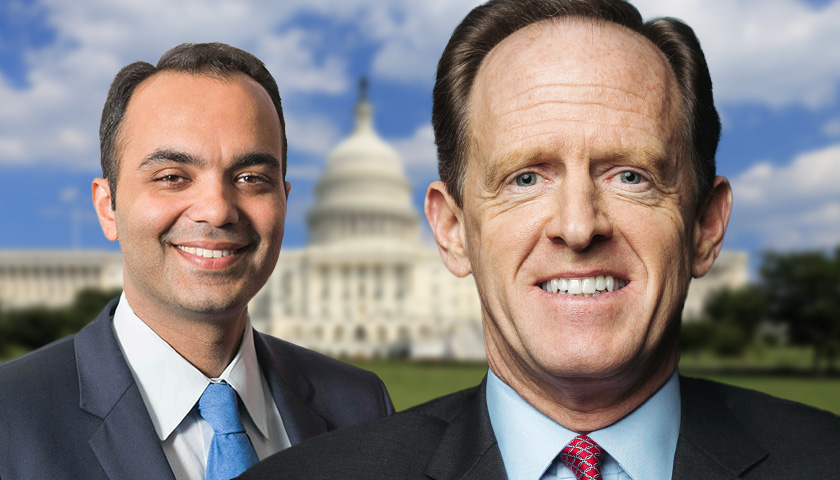Unsurprisingly, the Consumer Financial Protection Bureau’s recent report on Credit Card Rewards is dismissive of programs that are popular with tens of millions of American households. However, its objections manifest the same sort of deceptive advertising and hiding of details that it complains are characteristic of credit card rewards, and the data in its report does not match the conclusions its director, Rohit Chopra, has made in his statement about the report as well as his testimony before Congress on the issue.
The CFPB’s press release announcing the Credit Cards Rewards: Issue Spotlight report denigrated rewards programs, alleging that “Consumers tell the CFPB that rewards are often devalued or denied even after program terms are met;” that “Consumers who carry revolving balances often pay far more in interest and fees than they get back on rewards;” and that “Credit card companies often use rewards programs as a ‘bait and switch’ by burying terms in vague language or fine print.”
Read More









